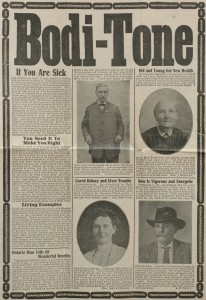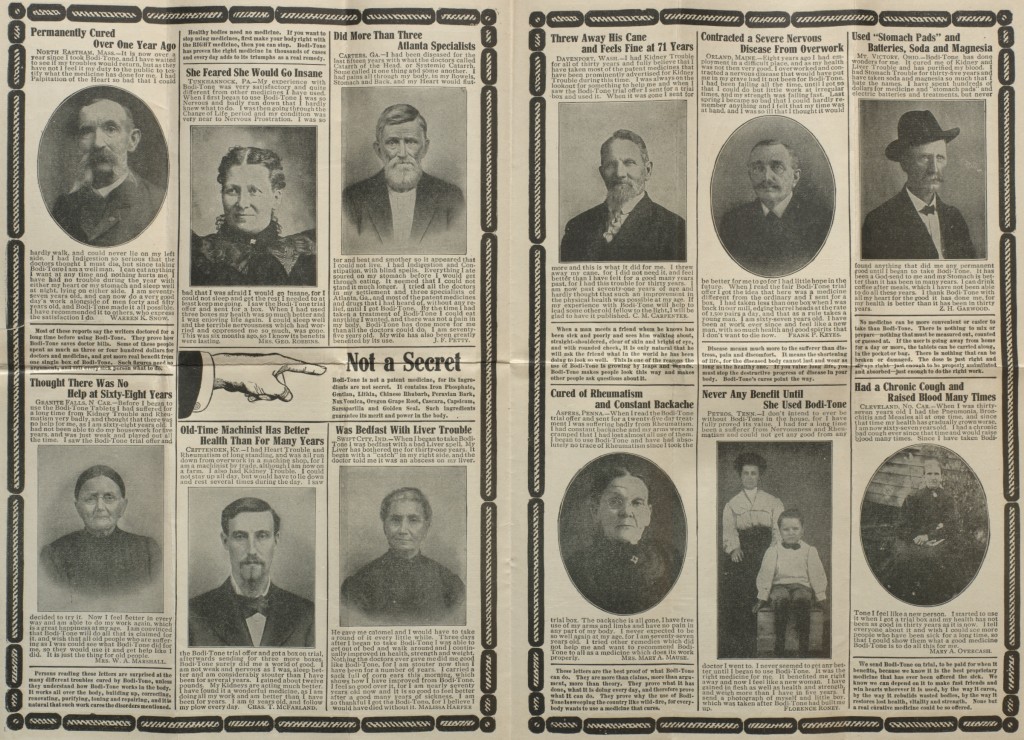
Summer vacation may be upon us, but the library is still hard at work collecting new titles. Take a look at a selection of June arrivals…
Quack medicine : a history of combating health fraud in twentieth-century America / Eric W. Boyle. Santa Barbara, Calif. : Praeger, 2013.
This history of quackery discusses the various historical attempts (and mostly failures) to regulate between fraudulent and legitimate medicines and therapies. Anybody lucky enough to be in and around Washington DC that day can hear Eric Boyle discuss the topic at the National Museum of Health and Medicine on July 23rd!
Breast cancer in the eighteenth century / by Marjo Kaartinen. London ; Brookfield, VT : Pickering & Chatto, 2013.
From the publisher’s website:
Early modern physicians and surgeons tried desperately to understand breast cancer, testing new medicines and radically improving operating techniques. In this study, the first of its kind, Kaartinen explores the emotional responses of patients and their families to the disease in the long eighteenth century. Using a wide range of primary sources, she examines the ways in which knowledge about breast cancer was shared through networks of advice that patients formed with fellow sufferers. By focusing on the women who struggled with the disease as well as the doctors that treated them, much is revealed about early modern attitudes to cancer and how patients experienced – and were considered to experience – the cancerous body.
Medicine and society in Ptolemaic Egypt / by Philippa Lang. Leiden ; Boston : Brill, 2013.
Philippa Lang uses the microcosm of the medical world of Hellenistic Egypt to explore various aspects of its society and culture, including “how linguistic, cultural and ethnic affiliations and interactions were expressed in the medical domain.” (more here)
L’épopée des gants chirurgicaux / Michel A. Germain. Paris : L’Harmattan, c2012.
From the series “Medecine à travers les siècles”, Michel Germain charts the history of gloves and their usage in medicine and surgery beginning in the 18th century. You can find a review by Stéphane Héas of this book on the online social sciences journal Lectures.
Negotiating insanity in the southeast of Ireland, 1820-1900 / Catherine Cox. Manchester : Manchester University Press, 2012.
From the publisher’s website:
This study uses the Carlow asylum district in the southeast of Ireland – comprised of counties Wexford, Kildare, Kilkenny and Carlow – to explore the ‘place of the asylum’ in the nineteenth century. It assesses medical, lay and legal negotiations with the asylum system, deepening our understanding of protagonists’ attitudes towards the mentally ill and of institutional provision for the care and containment of people diagnosed as ‘insane’. The book also provides insights into life in asylums for patients and staff, while, uniquely, it expands the analytical focus beyond the asylum to interrogate the impact that the Irish poor law, petty sessions courts and medical dispensaries had upon the provision of services. Drawing on a diverse and under-utilised range of source material this book is an important addition to the historiography of mental health in Ireland.
P.S. Ever wondered how to search for *only* our recent acquisitions? Go to the Classic Catalogue and click on the “Sub-catalogues” tab at the top. Select the link “New Titles” and from there you can by keyword, collection, or date received.





